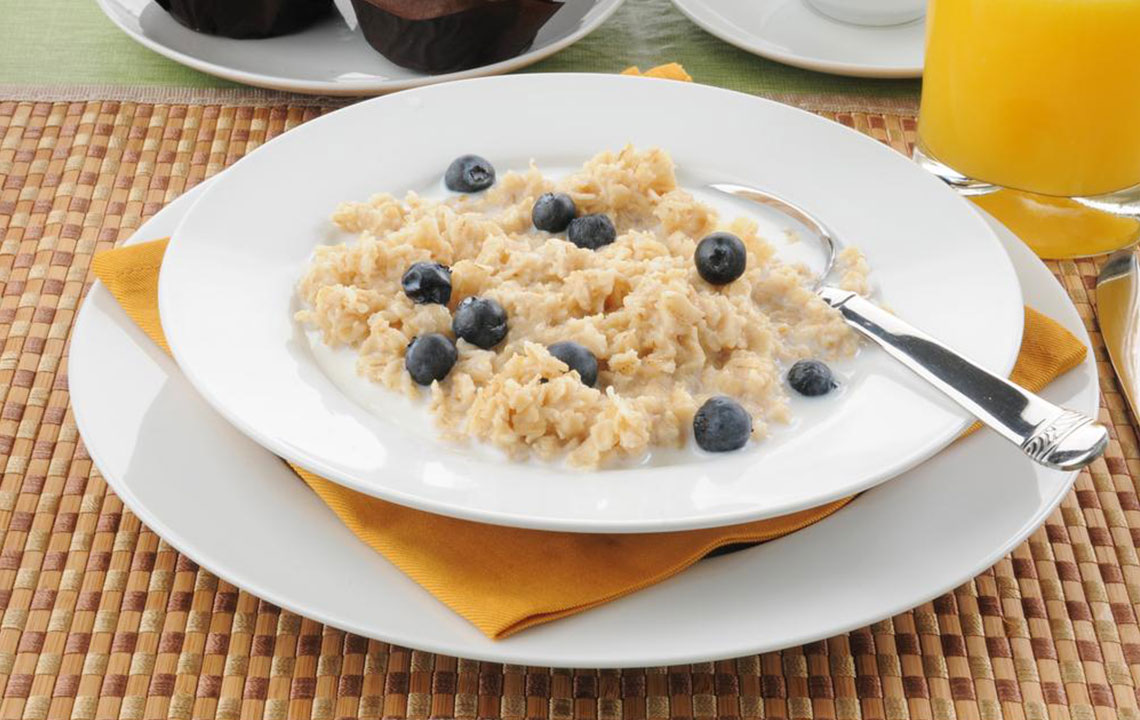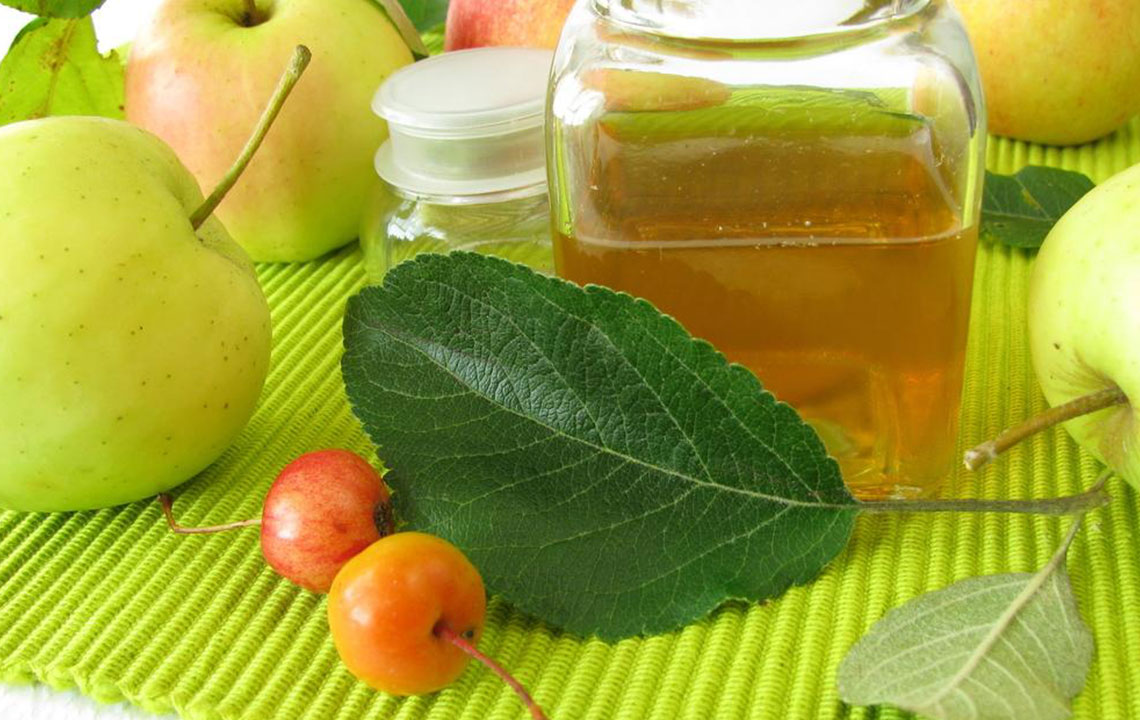Advantages of Incorporating a High-Fiber Diet for Better Health
Discover the numerous benefits of a high-fiber diet, including weight management, cancer risk reduction, and improved digestion. This guide highlights essential fiber-rich foods, daily intake tips, and how fiber contributes to overall health and longevity. Incorporate these dietary changes for lasting wellness and disease prevention, with an emphasis on hydration and balanced nutrition.

Advantages of Incorporating a High-Fiber Diet for Better Health
Fiber is found in plant-based foods such as vegetables, fruits, and whole grains. Since human digestion and enzymes do not fully break down fiber, consuming fiber-rich foods offers numerous health benefits. These include weight management, reduced risk of certain cancers, and lower blood sugar levels. Gradually increasing your fiber intake can lead to long-term health improvements. A well-rounded high-fiber diet should include a variety of colorful vegetables, fresh fruits, legumes, whole grains, and seeds or nuts.
Your high-fiber eating plan should feature:
Colorful vegetables like spinach, kale, pumpkin, carrots, and cucumbers;
Fruits such as apples, pears, bananas, mangoes, and oranges;
Legumes including beans, chickpeas, peas, and lentils;
Whole grains like wheat, oats, corn, rye, and barley;
Seeds and nuts such as pumpkin seeds, sunflower seeds, walnuts, and almonds.
Benefits of a high-fiber diet
Adopting a high-fiber diet provides a range of health advantages that promote well-being. Key benefits include:
Healthy weight management
Consuming at least 30 grams of fiber daily can support weight loss by increasing satiety and reducing calorie absorption. Fiber-rich foods help you feel full longer, aiding in healthy weight control without overly complex dieting strategies.
Reduced risk of type 2 diabetes
Eating a diet with at least 19 grams of fiber daily can decrease the likelihood of developing type 2 diabetes by approximately 18% compared to consuming less fiber.
Lowered cancer risks
High-fiber diets can reduce the chances of breast and colorectal cancers. For instance, consuming 10 grams of fiber per day may cut the risk of breast cancer by about 5%, and colorectal cancer risk by nearly 10%.
Weight stability
Maintaining a high-fiber diet helps sustain weight loss and prevents regain over time, unlike crash diets which often lead to yo-yo effects.
Heart health
Daily intake of at least 7 grams of fiber can lower heart disease risk by about 9%. Fiber lowers cholesterol levels by preventing arterial clogging.
Extended lifespan
Following a high-fiber regimen may reduce mortality risk by roughly 17%, regardless of cause of death. Including adequate fiber is key to longevity.
Natural detoxification
Foods high in fiber assist in detoxifying the body by flushing out toxins, especially when accompanied by sufficient water consumption.
Stronger bones
Fiber enhances mineral absorption like calcium, promoting healthier bone density.
Blood sugar regulation
Soluble fiber slows sugar absorption, helping stabilize blood glucose levels effectively.
Easier digestion and bowel movements
Fiber-rich foods increase stool bulk, softening it for easier passage. This alleviates constipation issues and promotes digestive health.
In conclusion, a high-fiber diet offers multiple health benefits. To maximize these, follow your plan consistently and stay well-hydrated. Water is essential for fiber to work effectively, so ensure adequate daily intake.










